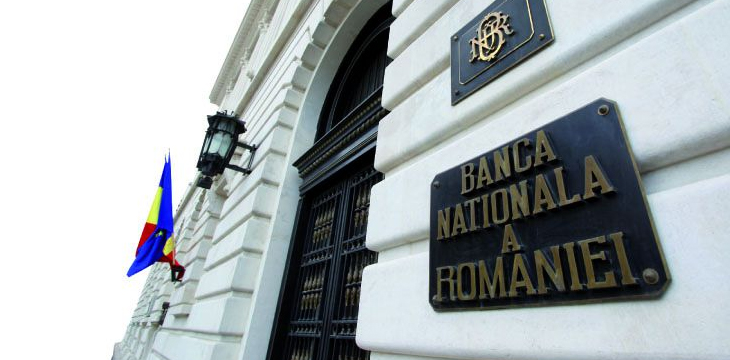|
Getting your Trinity Audio player ready...
|
Cryptocurrencies will never replace central bank issued fiat currency, according to a representative from the Romanian central bank.
Daniel Daianu of the Administration Council of the Romanian National Bank, said that the role of central banks meant it would be impossible for digital currency issues to replace the function of fiat within the economy, Business Review reported.
At a conference this week, Daianu said it was important to be mindful of different institutions and their varying roles within the financial system.
“We must be aware of the difference between institutions and the roles they have. It is important for these roles not to disappear. Of course, technologies ensure business models and they have always done so. The segmentation of markets has been done for decades, and fintech helps business,” he noted. “Currency is always backed by a last-resort lender. In markets, the state is the only possible last-resort lender. When the banking system was saved, it wasn’t crypto banks that were saved. Central banks intervened by issuing base currency, which was followed by non-conventional measures.”
Daianu suggested cryptocurrencies could not substitute central bank currency, but central bank currency could be issued digitally in the future:
“Cryptocurrencies will never be able to substitute the currency issued by a central bank. What can happen is for central banks to have a digital currency, but that will also be issued by the bank, and commercial banks will receive digital currency that can multiply. I do agree, however, that new technologies lead to disintermediation and this feature of decentralization shows us the merits of networks.”
This, he suggested, could ultimately benefit Romania, which continues to suffer from what he described as a “weak capital market.”
Daianu explained, “We have a weak capital market, not just due to the transaction volume, but also in terms of the number of listed companies. The issue of capital markets is a European one. In the US, capital markets finance three quarters of the economy, while in Europe they have a much lower stake, and there are major differences between countries. 80 percent of transactions with derivatives go through the London market and these things aren’t related to the concept of Brexit; they are very practical.”
Daianu’s views echo those from central bank representatives elsewhere, many of whom have criticized the suggestion that cryptocurrencies could replace central bank money, unless the tokens themselves were issued by central banks as lenders of last resort.
It comes at a time of increasing interest in central bank digital currencies from reserve banks worldwide.

 02-10-2026
02-10-2026 




